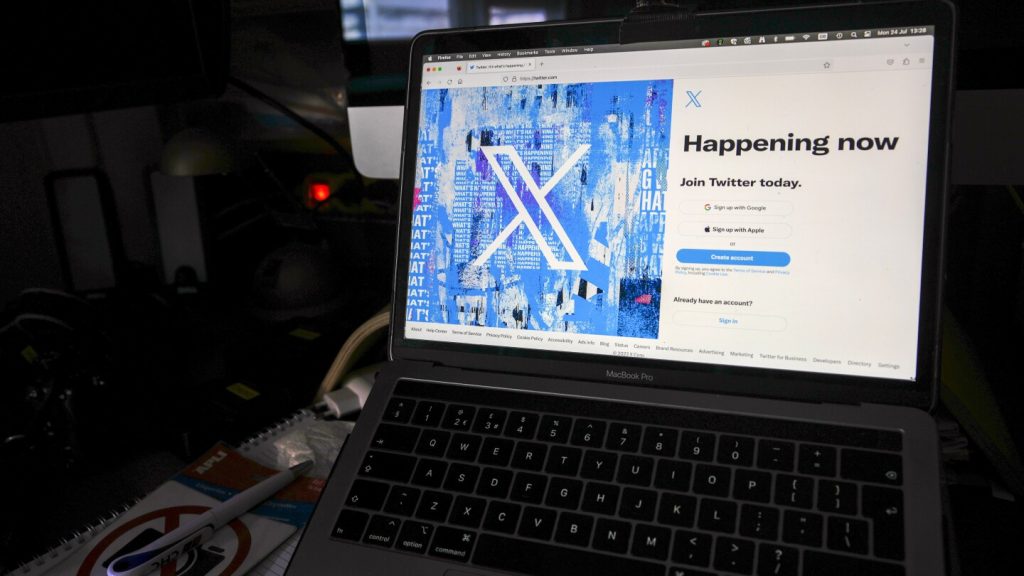Several public figures, including Elon Musk and Marjorie Taylor Greene, expressed concern over claims made by a pseudonymous user on the social platform X regarding voter registration without a photo ID in three crucial states. The user’s claim was quickly debunked by state election officials, who clarified that the data had been distorted. However, the false information had already spread widely, accumulating millions of views on X within days.
The incident highlights the influence of anonymous social media accounts in right-wing political discussions, despite spreading false information. These accounts, often using clever slogans and cartoon avatars to shield their identities, can reach massive audiences through engagement algorithms and endorsements from high-profile figures like Musk. They often generate outrage against Democrats and can profit financially from platforms like X by spreading misinformation unchecked.
The false claim about skyrocketing voter registrations without a photo ID was based on misused data from the Social Security Administration, suggesting illegal voting by non-citizens. However, states have processes in place to prevent illegal voting, and the data does not directly correlate to voter registration. Anonymous online accounts have thrived for years, with left-wing protesters adopting anonymity during movements like Occupy Wall Street. The rise of right-wing pseudonymous influencers has been more recent, fueled by a decline in public trust in government and media.
Elon Musk’s support has nurtured the growth of these accounts, protecting their anonymity and engaging with their content. The user who spread the false voter registration claim has amassed a large following and financial rewards. While anonymity is important online, tech watchdogs stress the need for accountability in spreading misinformation. The success of these accounts reflects a trend of online trolling tactics being used for financial gain, with some accounts building loyal audiences across multiple platforms.
Concerns have been raised about Americans placing trust in shadowy online sources without critical thinking, as foreign governments actively use social media to sow discord and weaken social fabric. The impact of misinformation on social media, particularly during a presidential election year, underscores the need for companies to enforce policies promoting election and information integrity. The spread of false information by anonymous accounts highlights the complexities of online discourse and the challenges of maintaining a balance between free speech and accountability.


